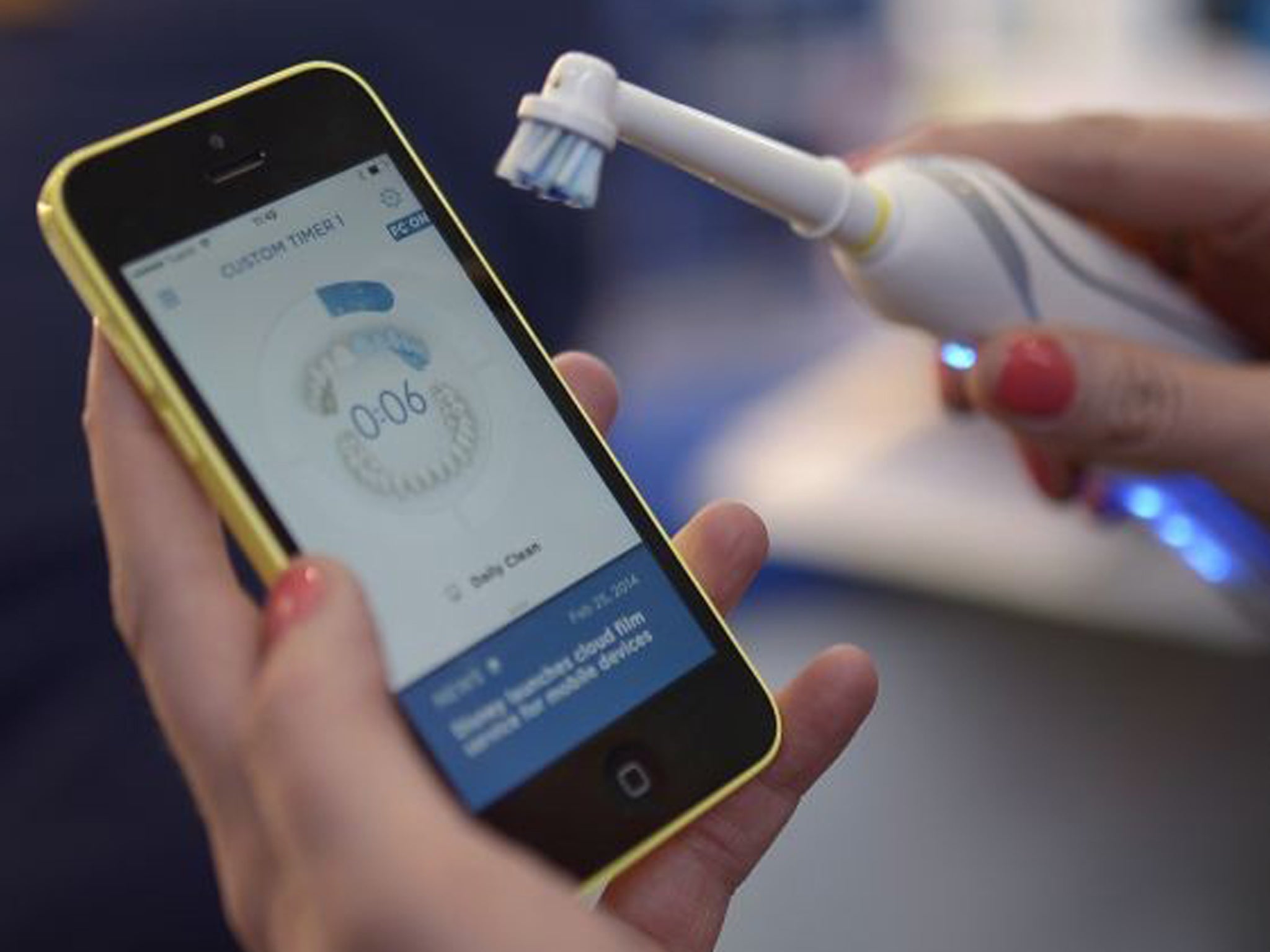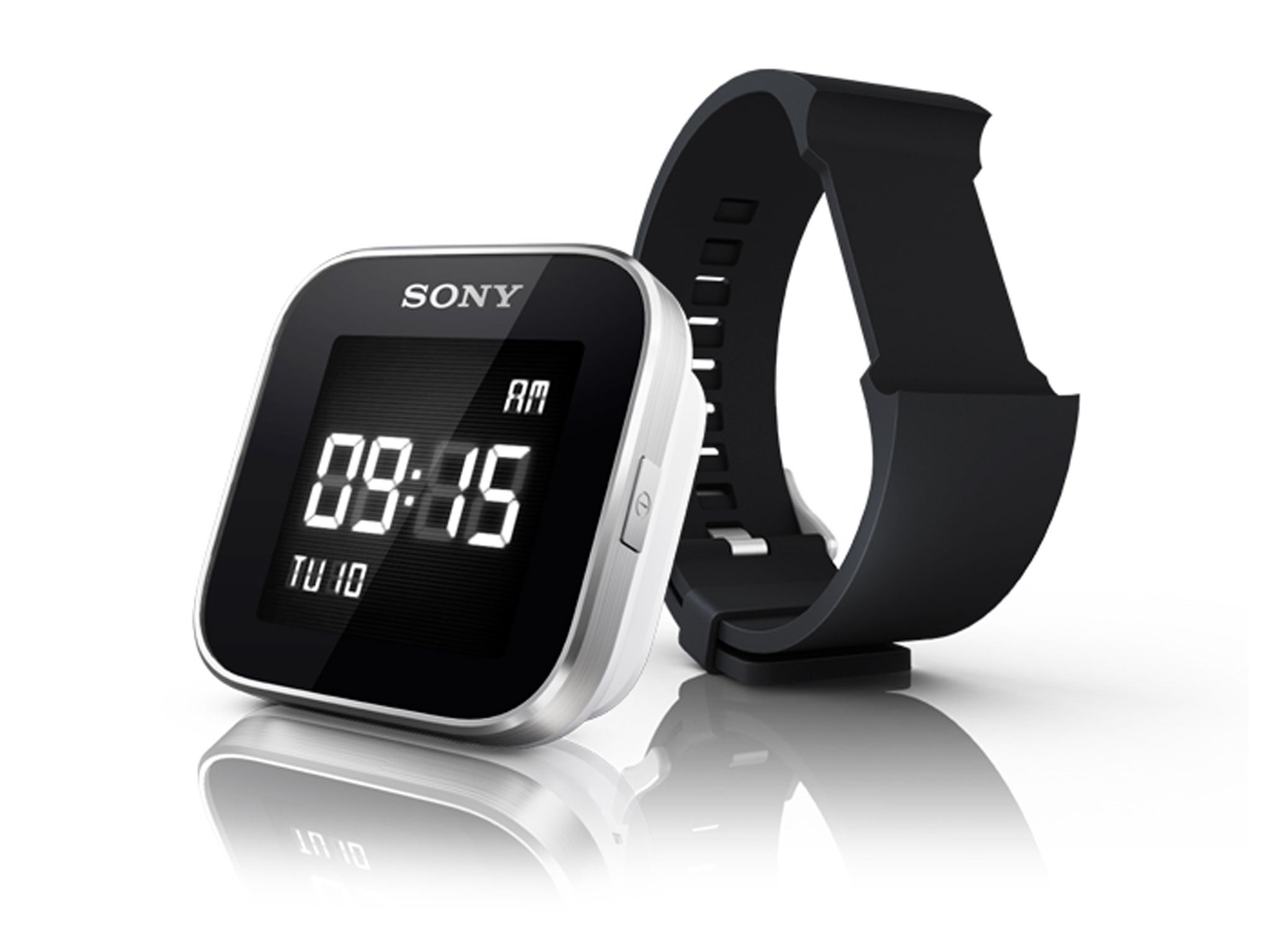Careers in tech: The Internet of Things
Exciting opportunities await graduates in the world of mass interconnectivity

Your support helps us to tell the story
From reproductive rights to climate change to Big Tech, The Independent is on the ground when the story is developing. Whether it's investigating the financials of Elon Musk's pro-Trump PAC or producing our latest documentary, 'The A Word', which shines a light on the American women fighting for reproductive rights, we know how important it is to parse out the facts from the messaging.
At such a critical moment in US history, we need reporters on the ground. Your donation allows us to keep sending journalists to speak to both sides of the story.
The Independent is trusted by Americans across the entire political spectrum. And unlike many other quality news outlets, we choose not to lock Americans out of our reporting and analysis with paywalls. We believe quality journalism should be available to everyone, paid for by those who can afford it.
Your support makes all the difference.The world is getting ready for the next big thing or, to be exact, the Internet of Things. According to the US technology firm Gartner, over the next five years 26 billion items will contain computer chips, each wirelessly connecting inanimate devices to the internet to record every aspect of human life.
These intelligent devices already include smart kettles, vending machines, medical equipment, watches, toothbrushes, baby monitors and sports gear. Refrigerators will tell you when you need more milk and smoke detectors will text you when the battery runs out.
But in the future, even our clothes may be internet-enabled and the washing machine may let a repairman know if it needs fixing. We may even sit down on smart toilets to have our bowel movements monitored. “It's all largely driven by Moore's Law,” says Eben Upton, CEO of Raspberry Pi Trading. “It's the trend of being able to do anything when computers become cheaper and more powerful.”
As a consequence, students looking for a long-term career in this field should find an abundance of jobs when they complete their course. And what makes this sector more exciting is that the perfect job in a year or three's time may not even have been thought of today.

“I have no idea of the future,” says James Chapman, vice president of connectivity at connectivity company CSR. “Who would have thought when the internet began that people would get jobs at Google, or that the telephone would lead to call centre jobs?”
According to a study last year by microprocessor company ARM and the Economist Intelligence Unit, a lack of employee skills and knowledge was the biggest obstacle for organisations wanting to make use of the Internet of Things. Yet, Mr Chapman says, a wide base of skills are useful for the industry since it is likely that jobs will involve varied work with software, data science, sensors and batteries.
Programmers, designers and engineers will also be important. Companies making connected things will have to think not just about how the device works but the entire system on which it will run, so there will also be great scope for network experts.
Bandwidth will need to be increased and data transfer latency to the cloud would have to be reduced. There will be a greater call for security analysts as the robustness of devices connected to the internet will inevitably be questioned.
“The Internet of Things will need a broad range of engineering and software skills and when you widen things out, you're looking for people to write apps in the cloud and others to come up with new services, databases and user-interfaces,” says Mr Chapman.
Steps are being taken to formalise the industry. Staffordshire University has created a three or four-year degree in partnership with Hewlett Packard that includes a study trip to China. Enrolling for 2015, the course looks at data storage and software development, maths, embedded systems, programming with C++ and smart sensor networks.
Google's Nest Labs, Samsung, ARM, Silicon Labs, Yale Security, Big Ass Fans and Freescale have also joined together under the banner Thread Group, aiming to set new standards. The Thread protocol is already being used in Nest products, including its connected thermostat and smoke and carbon-monoxide alarm.
But there should be the opportunity to go it alone too. “Services like Kickstarter can get amazing Internet of Things ideas off the ground,” says Mr Upton. “I created my first startup when I was at university, producing mobile phone games at a time when there were not many around. The Internet of Things industry is still at the stage where a lot of money can be made by individuals.”
Join our commenting forum
Join thought-provoking conversations, follow other Independent readers and see their replies
0Comments